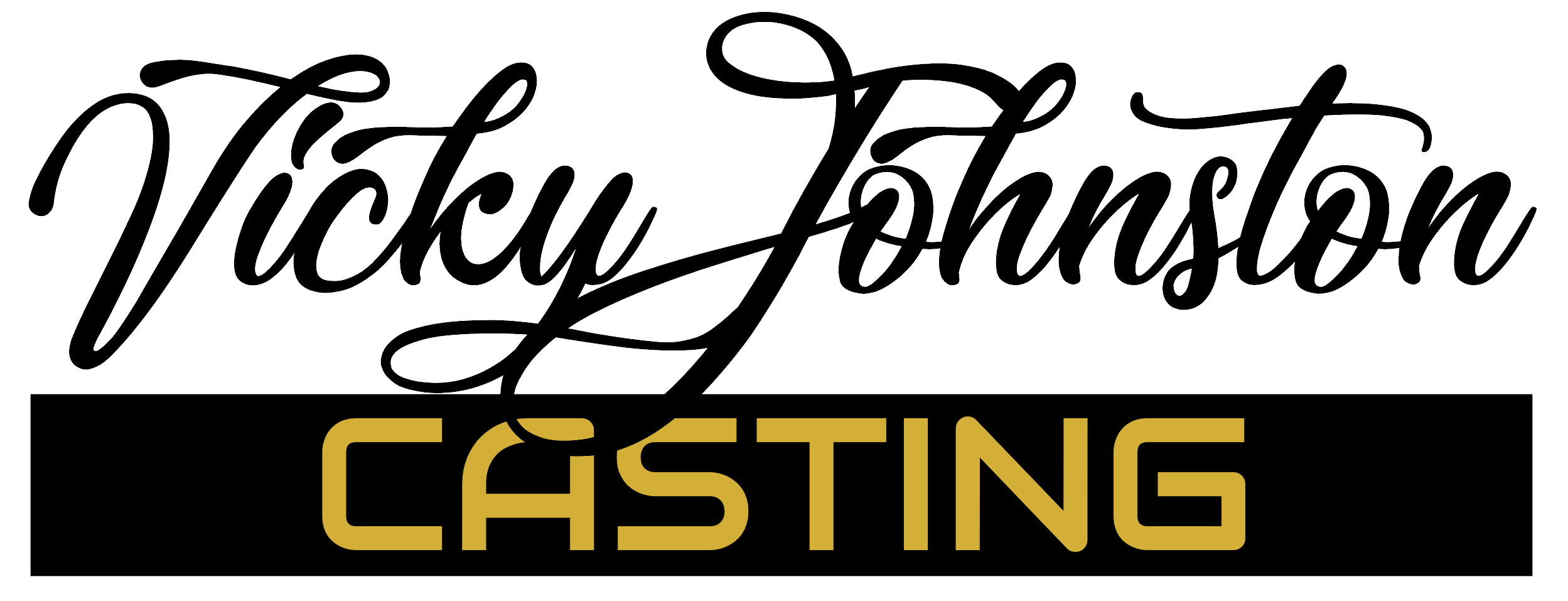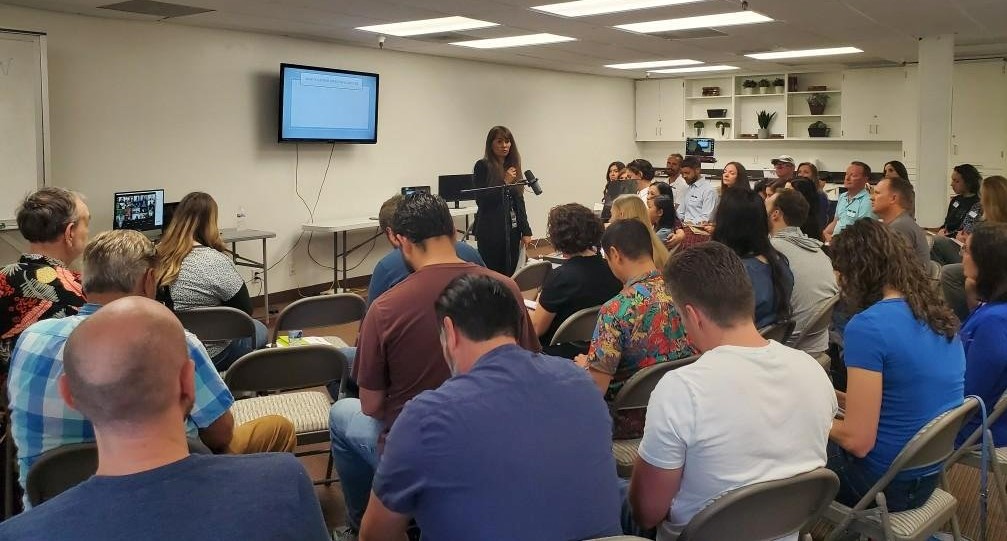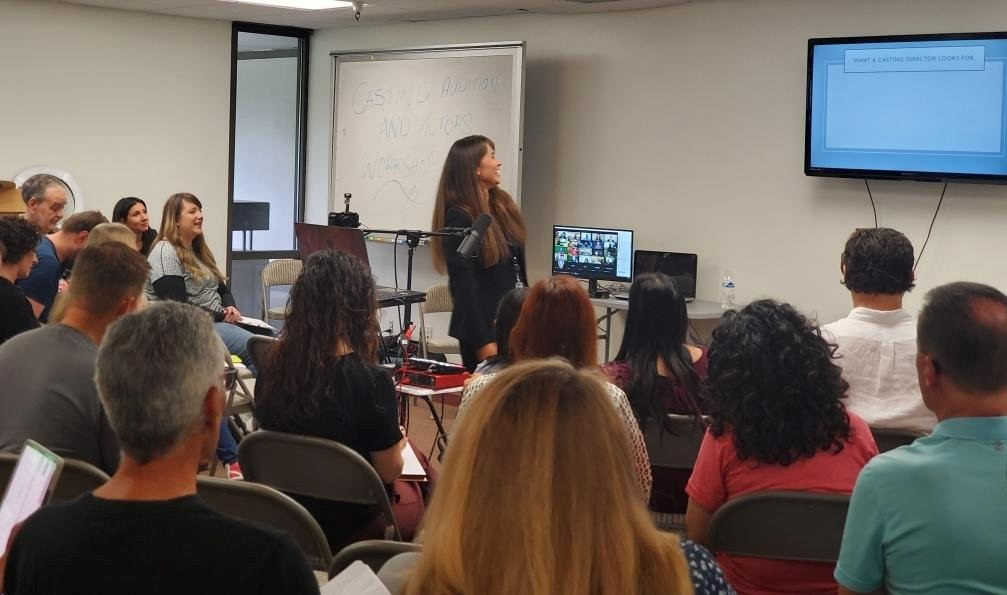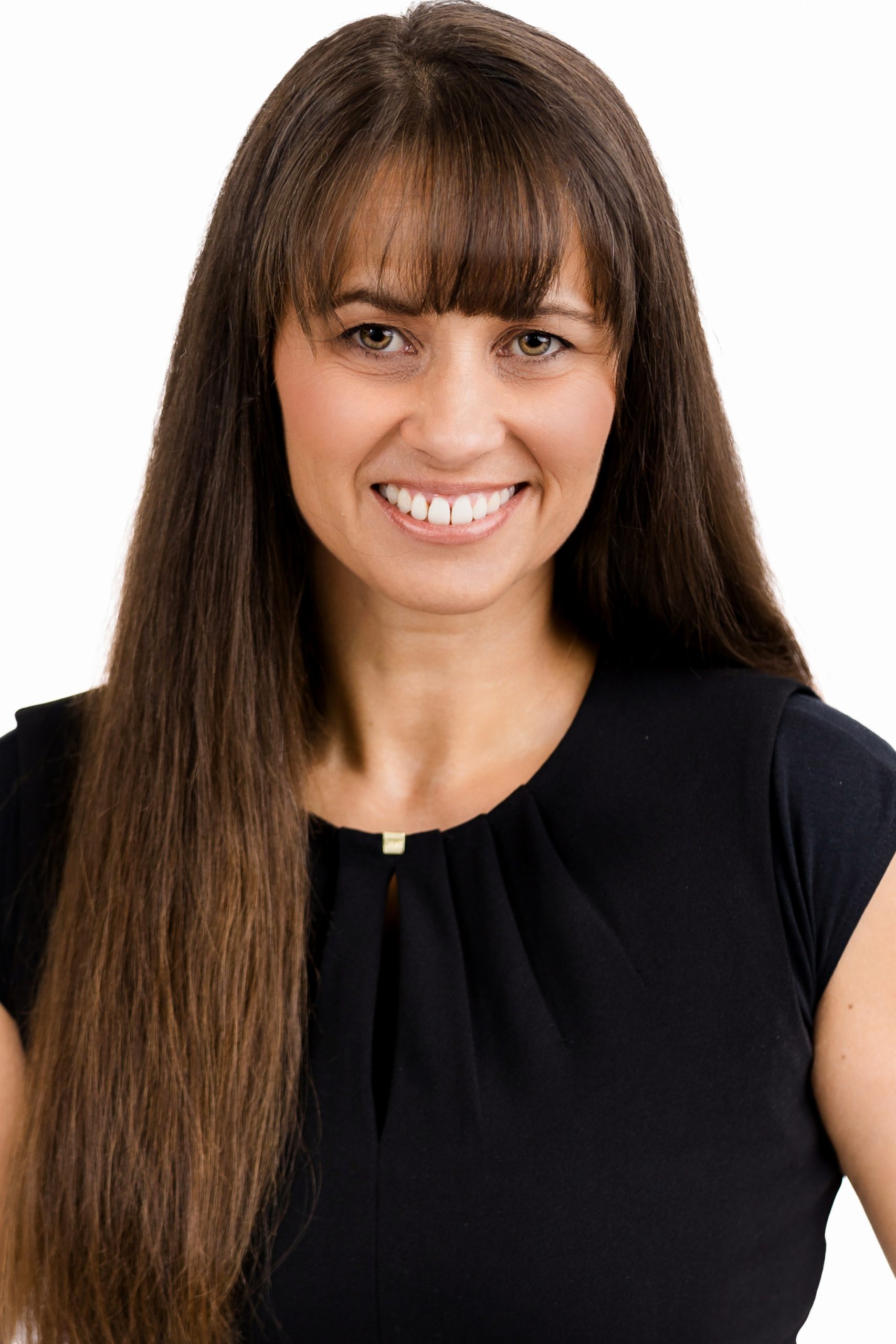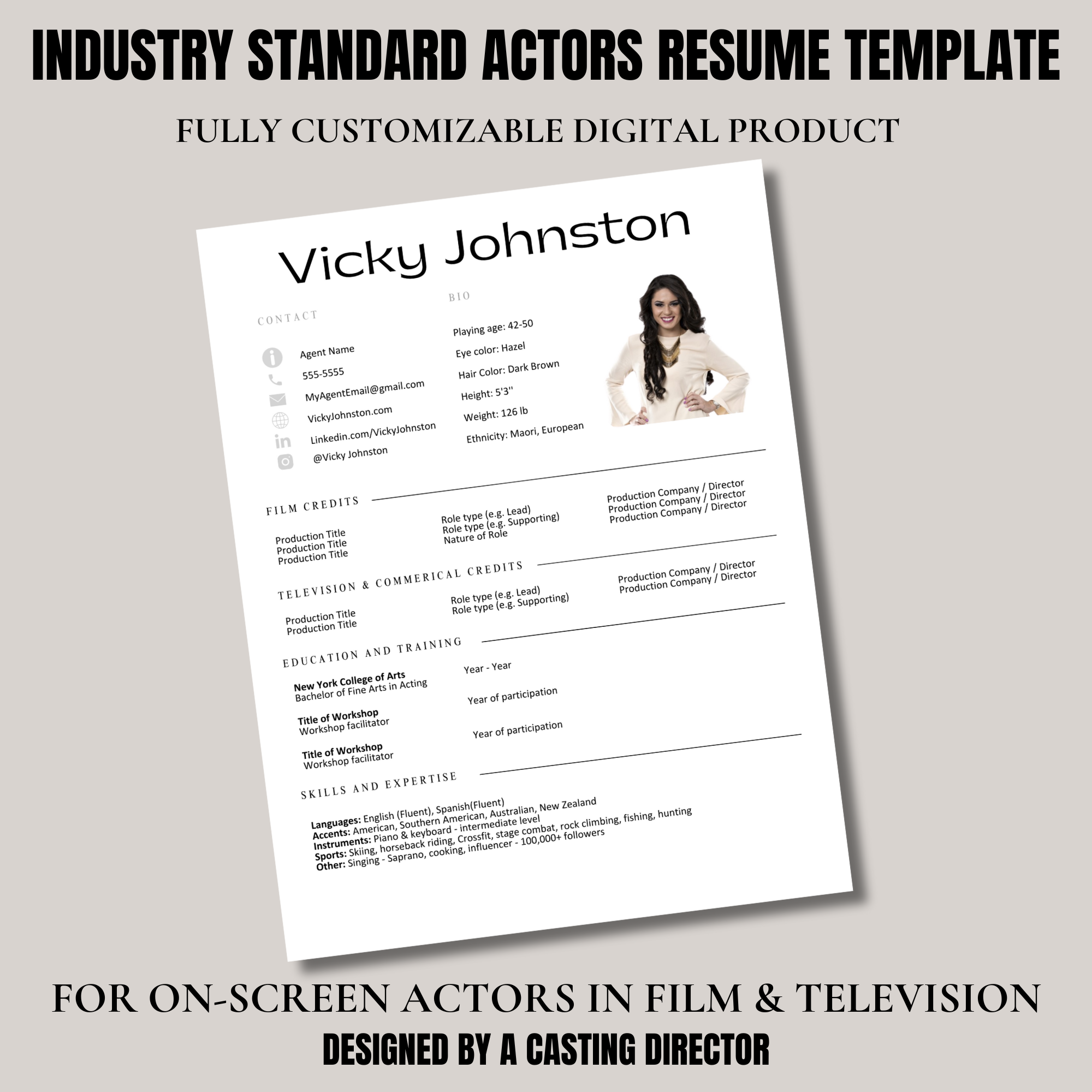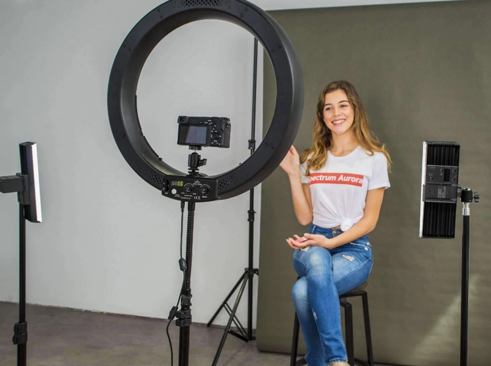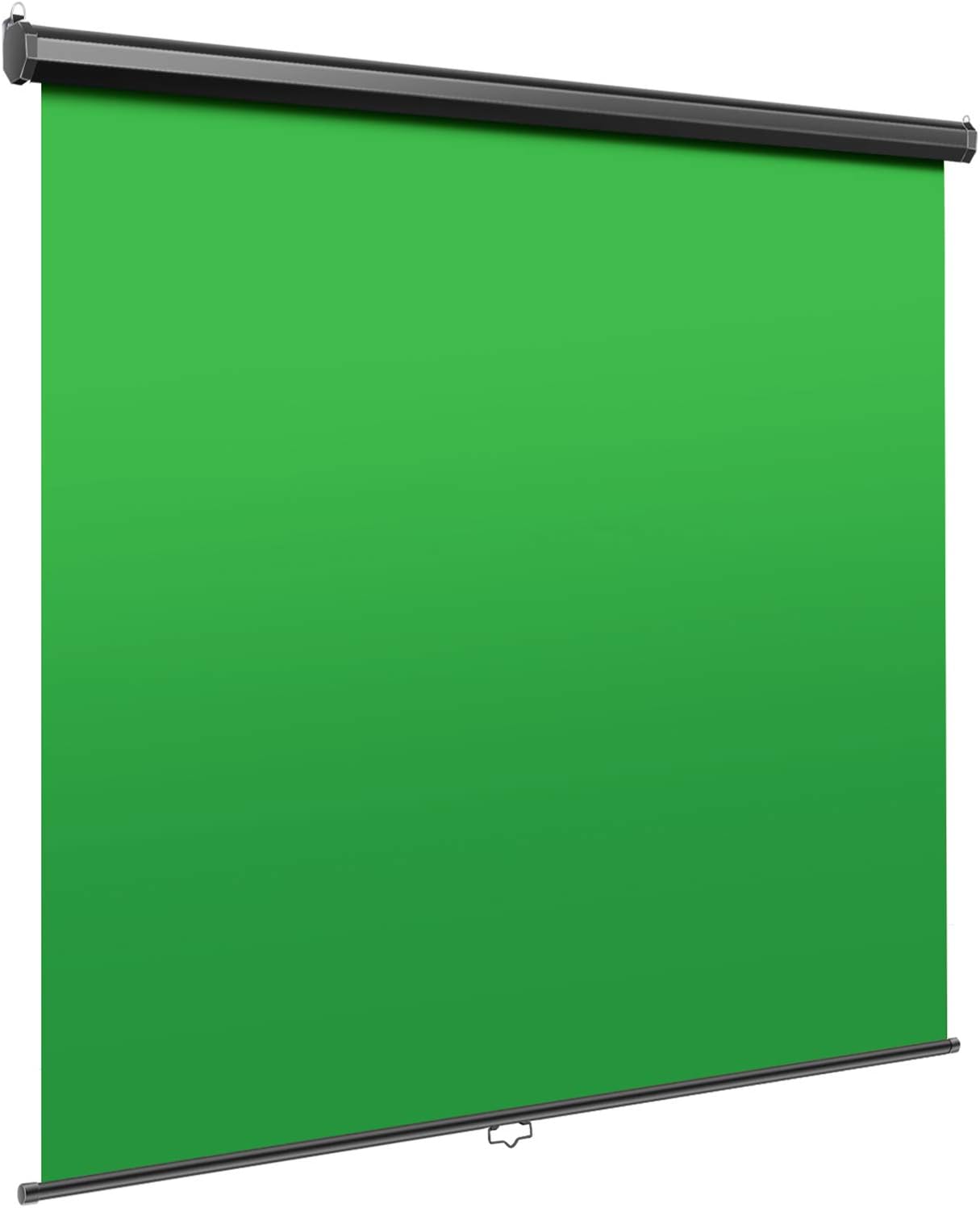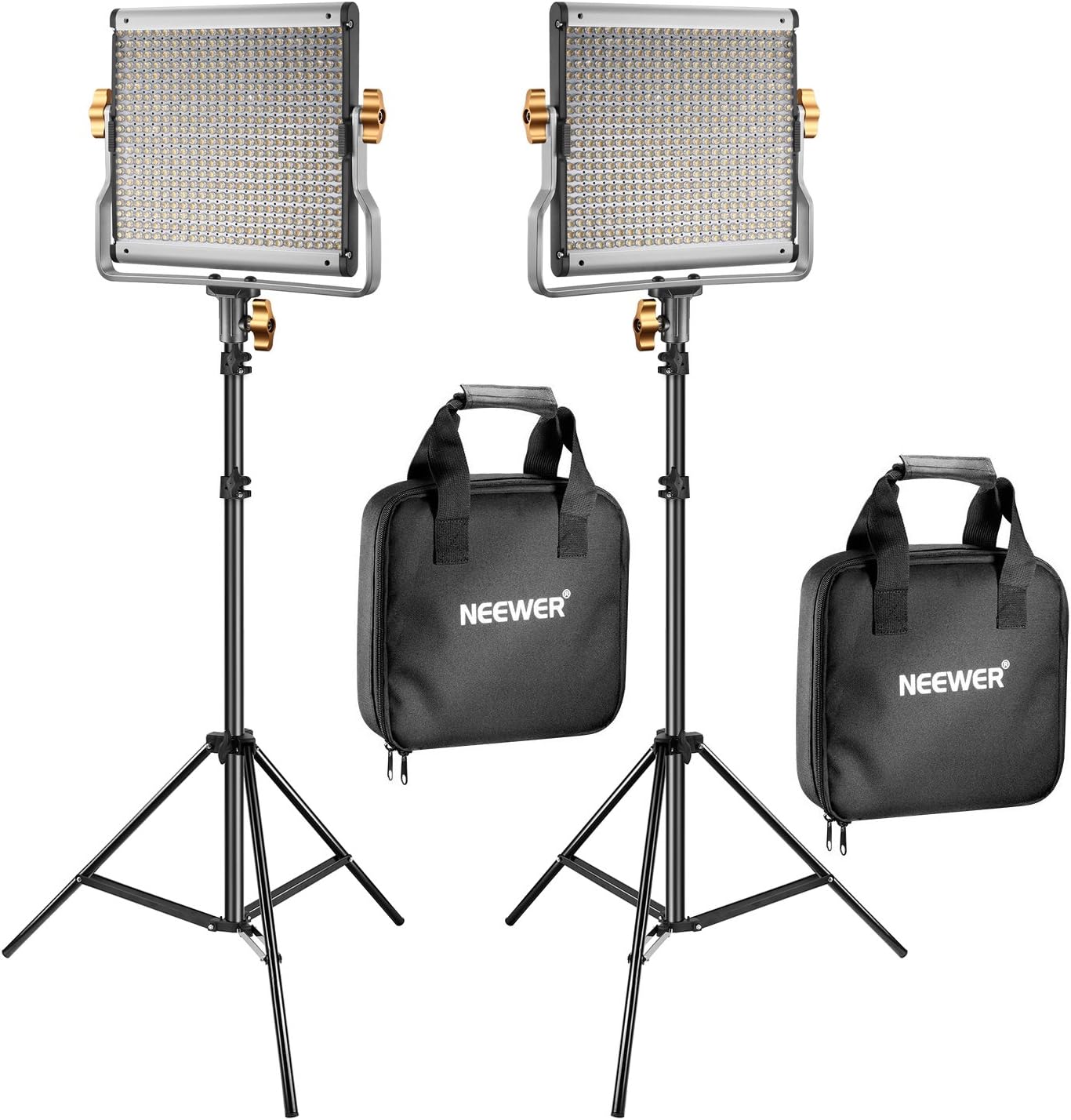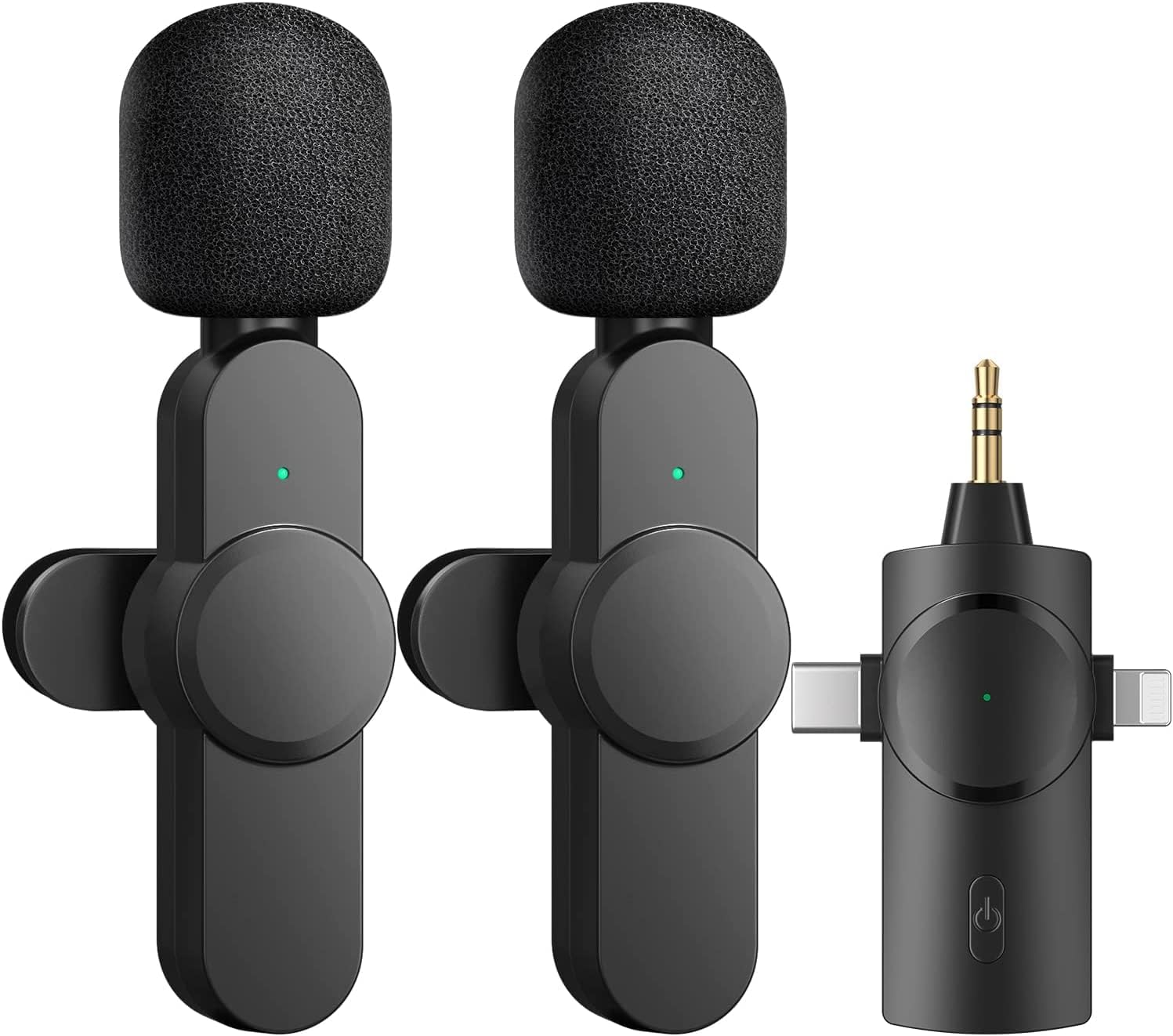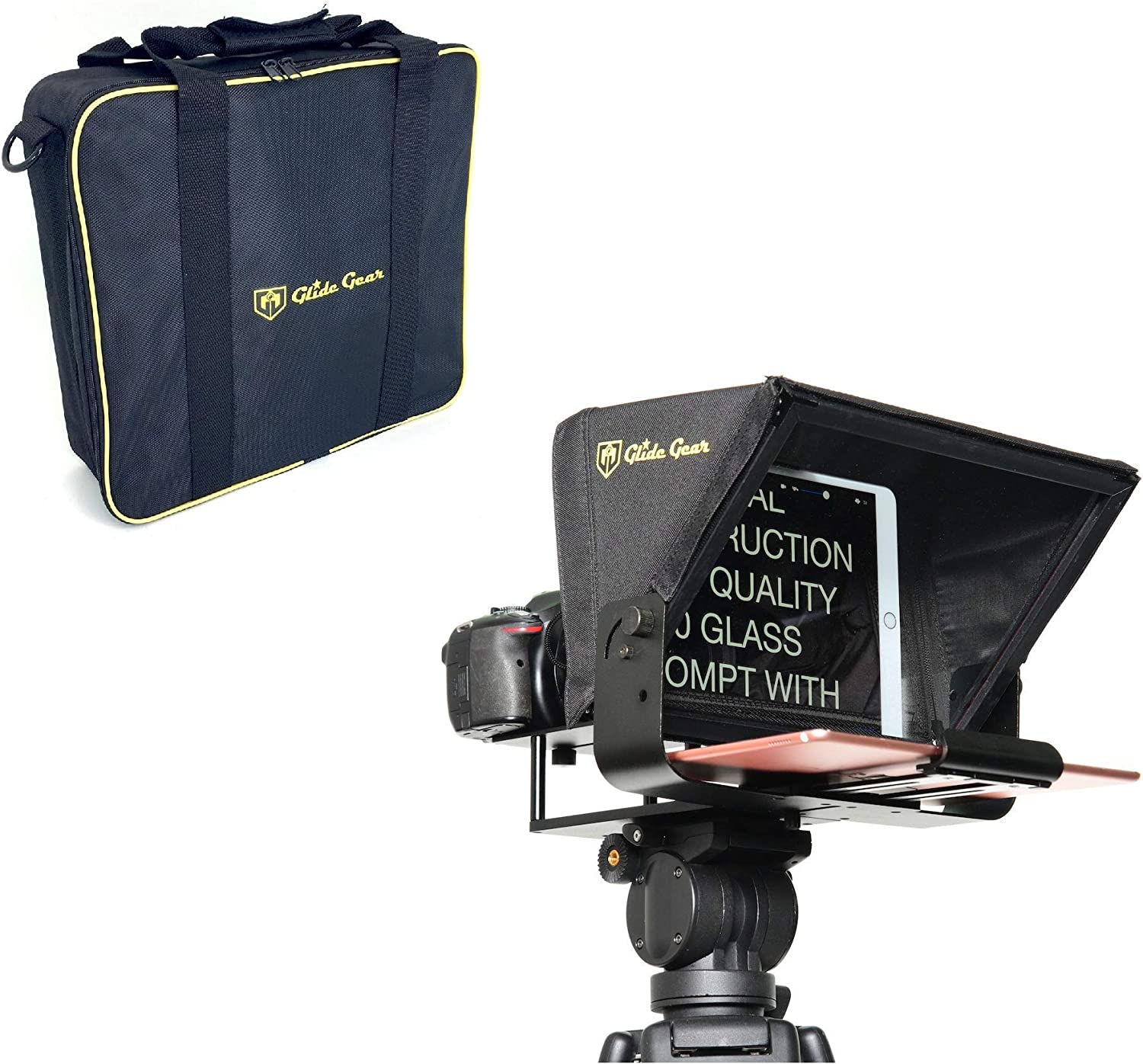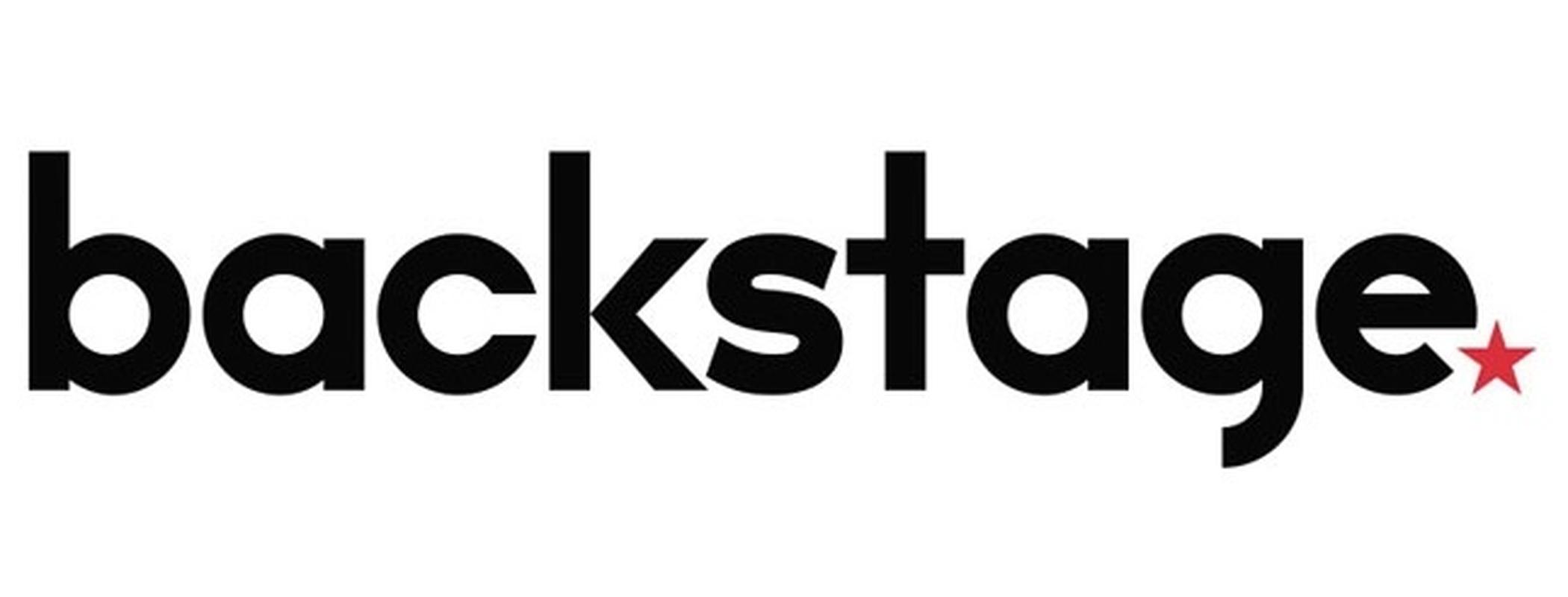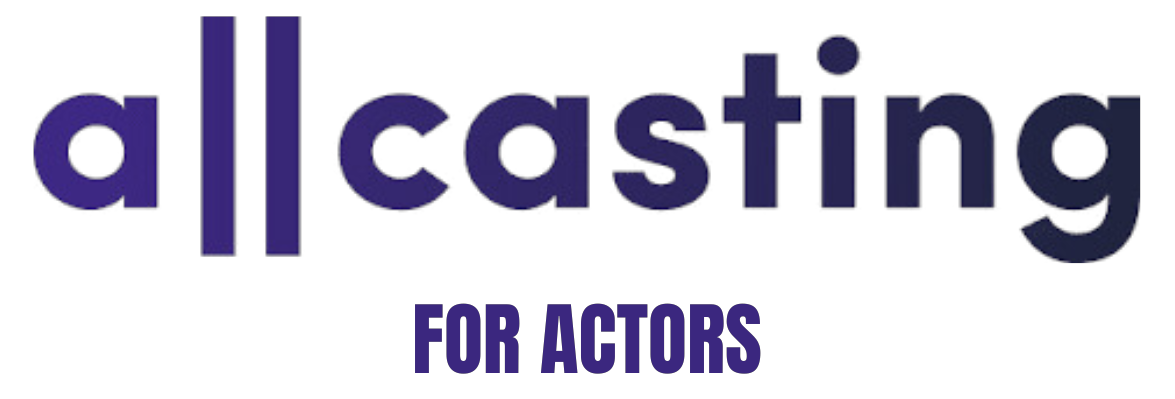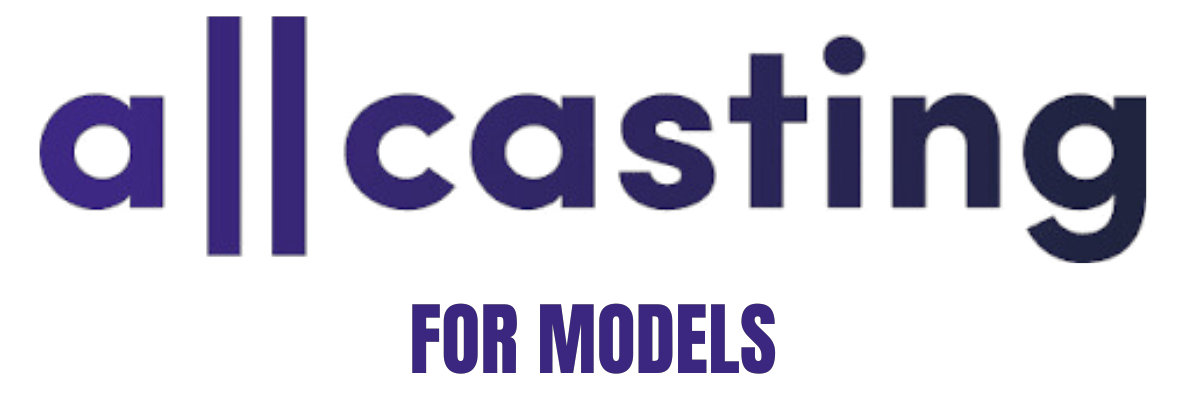Start your Acting Career
On the right foot
Acting for Film, TV shows and Commercials can make you a lucrative income. It’s fun, exciting and has a lot of variety but the best jobs go to actors that have the acting chops, stamina, professionalism and look.
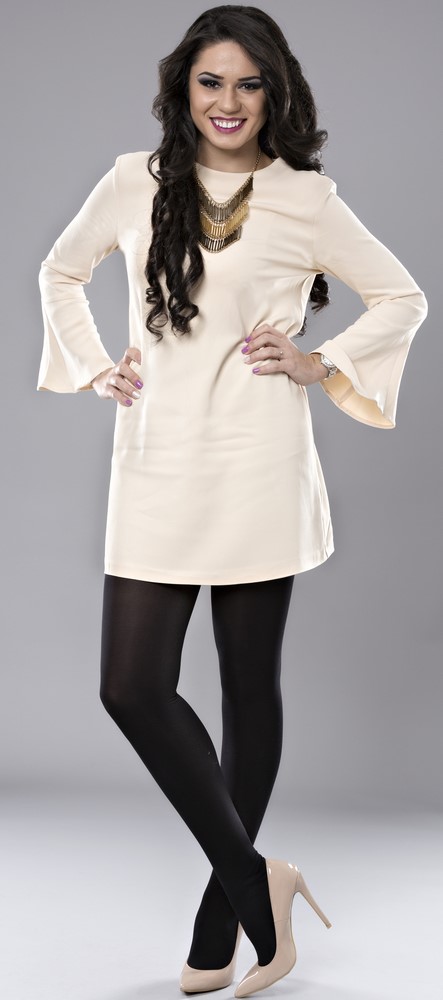
No. 1
Start Training
Like in any industry you need to train…consistently. Having natural acting skills helps but there are so many facets to the acting world. Even major Hollywood actors have acting coaches. If you’re a new actor and have no Film, TV or Commercial credits yet, have no fear. I’m going to help you get started the right way.
Being engaged in formal on-screen training for actors is where you show your committment, investment and acting skill level to a casting director and producer. They need to know and trust that you have the chops for their production.
When it comes to formal training, you need to specifically be looking for on-screen acting classes – not theater acting. Theater is a very different kind of acting performance and I can tell right away if an actor has originated from theater and not quite broken the mold. Don’t get me wrong. I think theater is a great way to start in the acting world, especially to build confidence, memorization skills and performing, but there are big differences between the acting styles.
Getting trained as a film actor is a financial investment. Some educational programs offer an 8 week beginners course while others run throughout the year. Do what makes financial sense to begin with but know that actors train for years and you get better as you commit yourself to this craft. The US Talent Academy offer online classes so you can take them from anywhere. They also teach about the business side of the industry, which is something you must know about in order to navigate your career successfully.
You can also find training near you by networking on local Facebook groups. We’ll cover that next.
Attend Regular Classes & Workshops
Photos above are of an Actors Workshop I facilitated and presented in. We had a full day of film industry professional presenting to local actors.
No. 2
Networking
If you are looking to expedite your acting career then start meeting industry people and get connected. This is where you get your ear to the ground on all things happening in your local film community and start involving yourself in film projects – even if they are volunteer, for now.
You will start to rubbing shoulders and getting familiar with the movers and shakers of the industry. You are also promoting you! Make yourself known to Producers, Directors, Agents, Coaches, Casting Directors, Writers, Fellow Actors and Representatives from Major Networks.
Here are some resources to help you find those Networks:
- Search on Facebook for the following: [State] Filmmakers, [State] Film Network, [State] Film Actors, [State] Casting Calls etc..
- Google [State] Film Commission. Join their newsletter and social media accounts
- Google Motion Picture Association of [State]. Become a member and follow their social media accounts
- Search online for local actor meetup groups
- Attend Sundance and Film Festivals
Networking Event in Utah
Photo above is of the Utah Women In Film Networking Event I attended some years back
No. 3
Heashots
The 3 main tools of the trade are:
- Professional Headshots
- Actors Resume
- Self-tape setup
I’ll cover the other 2 later.
Headshots are paramount! They are the first thing that the Casting Director sees of you so make a great impression by getting your headshots done right. Please don’t use photos from your cell phone camera. Use a professional photographer that specializes in Actor headshots (not portrait headshots, or landscapes, or sport photography). A professional Actor photographer knows the art of preparing you well and how to get the right looks with emotion, direction, lighting, hair, makeup and wardrobe selections.
You will need new photos each year and whenever you have a change in look. For kids it’s at least every 6 months. If you change in weight, physique, or if you get new tattoos or permanently dye your hair, get braces or have some other physical change you will need updated headshots. Men should get a headshot with and without facial hair for reference. It’s important that your photo reflects who you are right now. That’s what the Casting Director is expecting.
Headshots are an ongoing investment so prepare for that. You should get a main headshot. I like to see from the ribs up. A three quarter shot from the knees up and a full body shot. One other shot you should do if you have nice hands is front and back shot of both your hands. This is key because a lot of commercial are advertising products where they will do a closeup of your hands.
Please….as though I’m begging. Please crop your photos! We don’t need to see all this extra headspace above or around you. Your background should be plain. White is crisp and clean but not mandatory. No outside shots with you standing in front of a tree or building. A solid or plain color is great. Professional photography is typically in a controlled environment like a studio with excellent lighting.
Alex Valente is the photographer of the photos you see here. He is a dedicated Actor Headshot Photographer in Utah. He travels so if you would like to have him do your headshots click here.
No. 4
Actor Resume
An actors resume is different from your regular working resume or CV. I have had new actors send me their professional work resume. It shows their inexperience. It doesn’t tell me anything about their acting ability. Casting Directors need industry experience and training only.
There are some key things I want to point out. These are things that have changed over the years but have now become the norm. Back in the day when we had live casting auditions, actors would come in with their headshots and resume attached to the back. At the end a our long casting sessions we would go through each actors headshot and confirm them in the Yes, No and Maybe piles. I was forever flipping over the headshots to see the actors credentials and wished actors would put a thumbnail image on their resume. It would have saved me so much frustration and time. Well, fast forward 10 years and we are now there. A thumbnail image has become part of the actors resume! One of the best additions and one I have been requesting from actors for many years. It helps whether it’s a live casting or a digital resume that comes with your self-tape submission.
The other key elements are your instagram handle and other social media accounts. Did you know that producers are scouting out your instragram profiles? When I’m working with a client sometimes they have already done some homework and will ask me to reach out to talent they have found on instragram. Be sure your social media accounts are looking amazing and your posting regularly with great content.
Another element is to list your born Ethnicity. I am a Maori from New Zealand now living in the USA but I often get mistaken for a Hispanic. You can get away with looking like other Ethnicities but we do need to know what your exact Ethnicity is. As an example, if I am looking for a Japanese model for a commercial that will be broadcast in Japan, then it’s crucial that we get submissions from Japanese models and not models that are Chinese or Korean. The audience absolutely knows the difference.
You may not have much to add to your resume when starting out but if you attend classes and short workshops you can add these along with your skills and talents. Sometimes the skills may get you the job!
No. 5
Self-Tape Setup
There is a plethora of information I can share here but I’ll give the most important aspects.
- Aquire the right equipment
- Setup your equipment correctly
- Slate confidently
- Follow self-tape instructions given on the casting breakdown
- Edit your self-tape
- Name your files correctly
- Submit your self-tape in the correct format to the platform indicated on the breakdown before the submission deadline
Getting your self-tape equipement is an investment but once you have it you’re good.
THE RIGHT SELF-TAPE EQUIPMENT
You will need the following:
- Camera & tripod. You can use your cellphone camera
- Plain backdrop. It’s best to use a solid color like blue, green, grey or some other neutral tone. You can also use a blank wall too. Be sure there is nothing distracting in the background
- Lighting. Please invest in good lighting. Be sure that you don’t overexpose yourself. We need to see your natural skin tone. Have a key (main) light at a 45 degree angle in front of you on one side and a fill (secondary) light on the other side at a 45 degree angle in front of you. Ring lights are also very good and often come with a cellphone holder so it acts as a tripod, light and camera holder. Adjust your lighting for true skin tone results and to remove any heavy shadows. Soft boxes are great but they take up a lot of space. I use the dimmable LED panels on a tripod stand.
- Sound. Mics for cell phones are fairly inexpensive and will give you crisp and clear sound.
OPTIONAL:
Teleprompter. Do you need one? No. Should you consider one? Absolutely! Having a teleprompter and the right software is a game changer. Sometimes casting calls have quick submission deadlines, which doesn’t leave much time for memorization. At this stage of the game you need to focus on giving a killer self-tape audition to get cast, and not worrying about memorizing only to fumble on words.
After the Strike that ended in Nov 2023, the new SAG-AFTRA agreement has changed to allow prompting devices. Union self-tape submissions can request up to 8 pages of sides. That’s a lot. Producers have to deliver sides at least 48 hours before the submission deadline. Things are getting better but when you have many pages to read, having a teleprompter takes all the hard work out while under tight time constraints. Getting to the next stage (Callbacks or getting booked) is the aim of the game. Once you are booked you will have adequate time to memorize lines. Let’s secure the job first.
I have used many teleprompting apps but the best one so far is PromptSmart. It is voice activated so when you speak the words follow. Your eyeline is always in one place. If you pause, it pauses with you. If you speak faster or slower it will follow your same pace. This is patented feature with PromptSmart.
Resources for the above equipment can be found on this actor resource page – CLICK HERE
No. 6
Personality Reel
Reels help book talent. If you’re new to acting then you won’t have clips to put a demo reel together. That’s why I recommend a personality reel. You can do it from home with the right setup and editing software.
If you want a great example of a personality reel, take a look at Francis Fox’s video. Play it a number of times and notice the following:
- How the video starts
- Her framing
- The quick cuts
- The zoom in and out, and framing changes
- The sound
- The lighting
- The content she covers
- The length of the reel
Then ask these questions to yourself:
Were you engaged the whole time?
Did you notice the short cuts the first time you watched it through?
Did her performance give you trust in her ability?
Was she likeable?
Did she give a good range in her content and express different emotion?
Did you get bored at any time?
Was is too long or too short? And why do you think that?
Was she clear and consise?
Was there anything distracting?
Did you learn something about her personality and skills?
How would you rate her on a scale of 1 to 10 with 10 being excellent?
Would you cast her?
Watch this video a number of times to help you understand the different and deliberate choices that were made in creating this reel. Then start thinking of your personality traits and skills to come up with your own unique script. Then the stage is yours to self-tape.
Tape a Personality Reel that Showcases You!
A personality reel helps the Casting Director know what you sound like, how you move, determine your ability to naturally act and learn more about your personality and skills. This can impress and compell the Casting Director to take a chance on you.
No. 7
Casting Websites
Casting websites are where Casting Directors, Producers and Project Creators list their casting projects so you can apply. This is where the acting jobs are for on-screen actors. Some offer a free profile but to get the most out of their services you should be considering the paid account option. This is an ongoing investment and a standard cost of the business.
Here are some industry standard casting websites:
Casting Networks: This is where you will find casting notices from some of the biggest brands in the world. It is mostly Commerical based. So if you decide to be a Commercial actor for TV, Brands, PSA’s etc. This is a platform you will want to register for. There is a basic (free) version that allows you to post 2 images but you cannot update those images, only delete them. I recommend the paid version which gives you all access to as many images, videos, audio files to fully populate your online profile. This is a monthly subscription. Once you have signed representation with an agency the agent will send you an invite to sync your account so your agent can submit you for castings that come through to agents only. These are the bigger paying jobs. Please note that you will then have 2 online profiles to populate, your personal one and your agency profile. Make sure you complete the agency profile to maintain a professional presence.
Actors Access: This is another major casting service that mostly casts for feature films and TV shows. You can register for a free account but there are many features that you’ll need to pay for – such as uploading images and demo reels etc. Once you have representation you can sync your profile with your agency so they can submit you for roles too.
Backstage: This platform has a variety of casting notices for Film, TV, Commercial, Video, Live Theater and Live events. These are typically lower and smaller budget projects. Casting Networks and Actors Access typically dominate the major Films, TV shows, and Commercials. Most of the projects are non-union so it’s a great place to start. Often you will get the same projects being posted on Backstage that are also on Casting Networks. Backstage is a paid subscription by month, 6 monthly or yearly.
AllCasting: Another great casting platform that connects you to Casting Directors and Project Creators. They have casting notices for TV Commercials, Film, Modeling, Video and Print, UGC and Voice-over. They are very community based and offer free actor workshops and they have some great resources for actors under their Academy section.
To sign up as a Model – CLICK HERE
To sign up as a Actor – CLICK HERE
No. 8
How To Get An Agent
Getting an agent is where you will gain access to the big jobs. Even with joining the casting platforms above, some Casting Directors prefer to work with Agents that know the system and industry standards. Working directly with talent can often feel like the wild wild west. As a Casting Director I have some faith in knowing that talent coming through an agency have been somewhat vetted first and they have the skills, so my risk level goes down.
Most productions will include an agency fee over the actors day rate to pay for their services but know that when you sign with an Agency they will make a commission on day rate and usage fee. This can be anywhere from 10% to 20%. So in essence the agent can make 20% agency fee paid by the production company and 20% that you (the Talent) pay the agent for representing you.
Do you need an agent? No. But they are the gatekeepers to more opportunities and the significant ones. They help to guide you and negotiate the process on your behalf. They ask the tough questions and advocate for you. In my opinion you’ll get so much more opportunity and be safe guarded from potential issues because they have the experience and expertise to navigate your career.
HOW TO GET AN AGENT
Some agencies have a submission form on their website for new talent to complete. It’s best to follow their proceedures as they will have a system in place.
A referral is a good way to get your foot in the door. Typically this will come from an industry professional.
Agents want to represent seasoned talent that are ready to book. They will take new faces but you should be very professional in your approach and have the following things ready if you get the chance to be interviewed:
- Professional & recent headshots
- Professional actors resume
- Demo reel – Personality reel, if you don’t have one. If you are specializing in an area like fitness, you should have a fitness reel.
- Impressive social media accounts showcasing your skills
- Be prepared for a cold read or at least come with a monologue. I don’t like monologues but some agents will request them
- Know the direction you want to take your acting career
- Understanding of type casting and where you fit in
- A list of what training you have had, by who and when. This should also be reflected on your resume
Agents are the Gatekeepers
Get yourself in a position to impress an Agent to represent you. They work directly with Casting Directors, Producers and Brands.
No. 9
Expections & Professionalism
Professionalism is a big one for me. It’s what makes the industry go round. If you are not professional, cannot be relied on or you have attitude problems you will not go far in this industry.
I can generally tell if there are going to be issues by the way you present yourself, how you manage your time and take things seriously, how you respond, how you’ve prepared your materials, what your actors profile looks like and the content you display on your social media account. Casting Directors are checking on those things. Big money is at Stake, jobs and reputations are on the line. Everything you do must be of the highest caliber if you want to be noticed and have a thriving career. Casting Directors need to know they can fully trust you. Genuine kindness also goes a long way.
Here are some things you should do and expect:
Make it easy to contact you: Respond to texts and phone calls quickly. Check messages on your email and phone regularly and reply right away.
Be punctual & respect other peoples time: If you have a callback, calltime, interview or other meeting please arrive a couple of minutes earlier and be fully prepared. Arrive with a great attitude. Give important information but don’t ramble on taking up valuable time.
Keep everything up to date: This includes your online profile, headshots and demo reels. You need to look like what is shown on your profile so if you have any major changes you will need to update your material.
Expect the Callsheet to arrive the day before: New actors that don’t know how the film industry works may have different expectations of when they should be given certain things…like the Callsheet. I’ve had requests from new actors asking for the Callsheet 2 weeks before the shoot date! Sorry but there’s an eye roll in there. Sometimes wardrobe hasn’t even been hired for the fitting, and location has not been locked in so the Callsheet is a far cry from being ready. Expect that the Callsheet will arrive the night before by email. I know this can be frustating because you’re trying to be as prepared as you possibly can, but that’s how things often roll. Some production companies may send you some details but things don’t get finalized until much closer to the shoot date.
Be sure to print or have the Callsheet available on your phone. There is very important information and instructions given
Film set terminology & etiquette: You will need to familiarize yourself with set terminology and commands. This is important along with listening very carefully so you don’t find yourself at the center of attention for the wrong reasons.
Learn the film set hierarchies. Who is the main crew and their names. You don’t need to introduce yourself to everyone but know who does what on set.
The general rule is to be quiet on set. Never touch film equipment other than the props in your scene. Be courteous and kind to crew and actors. Crew have a high degree of responsibility and are often at high levels of stress. It’s best to stay out of the way when not on camera but be readily available. There can be many long waiting periods in between shots.
Respect the Directors decisions and follow instruction. Ask questions if you are unsure.
Keep everything up to date: This includes your online profile, headshots and demo reels. You need to look like what is shown on your profile so if you have any major changes you will need to update your material.
Expect the Callsheet to arrive the day before: New actors that don’t know how the film industry works may have different expectations of when they should be given certain things…like the Callsheet. I’ve had requests from new actors asking for the Callsheet 2 weeks before the shoot date! Sorry but there’s an eye roll in there. Sometimes wardrobe hasn’t even been hired for the fitting, and location has not been locked in so the Callsheet is a far cry from being ready. Expect that the Callsheet will arrive the night before by email. I know this can be frustating because you’re trying to be as prepared as you possibly can, but that’s how things often roll. Some production companies may send you some details but things don’t get finalized until much closer to the shoot date.
Be sure to print or have the Callsheet available on your phone. There is very important information and instructions given.
